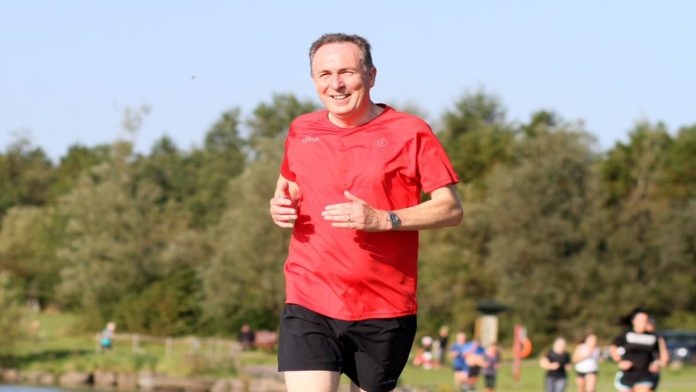The Legacy aims for £8.8 billion London Olympics failed to materialise and adult participation in sport fell in years after 2012 Games
Sport England doesn’t know destination of two-thirds of £1.5 billion grants it paid out
The government committed to delivering a lasting legacy as part of the £8.8 billion London 2012 Olympic and Paralympic Games, including increasing the number of adults participating in sports. But in a report today the House of Commons Public Accounts Committee says the benefits have failed to materialise, with the proportion of adults participating in sport at least once a week actually falling in the first three years following the Games.
In 2015, government refocused its strategy on local based approaches and the least active having initially relied too heavily on a national event to deliver increased participation. But the Committee says this change of tack has not yet resulted in meaningful change in national participation rates.
Community sport and physical activity brought an estimated contribution of £85.5 billion in social and economic benefits to England in 2017-18, including £9.5 billion from improved physical and mental health.
But despite Sport England spending an average of £323 million each year since 2015, the Department for Digital, Culture, Media and Sport and Sport England have made little progress in tackling inequalities and the barriers to participation. Of £1.5 billion in grants distributed by Sport England since 2016 it only knows where £450 million went, and the percentage of active adults increased by only 1.2 percentage points from 2016 to 2019. Nearly two in five adults in England still do not meet the Chief Medical Officer’s guidelines for recommended activity.
Dame Meg Hillier MP, Chair of the Committee, said:
“After the short-term financial boost there’s been precious little to show by way of legacy, even in my immediate area of East London where the 2012 Games were held. Resets since 2015 have not begun to bring the levelling-up benefits intended. The lack of vision and drive has seen Sport England pay out £1.5 billion of taxpayers’ money without knowing where two-thirds of it went, and there’s a paltry 1.2% increase in active adults to show for it.
“More waste, more loss of desperately needed public money. As the cost-of-living crisis bites hard, DCMS must set out what it will do differently to achieve change where it has not succeeded.”
Lead PAC Member Nick Smith MP said: ““Gyms and parks will be flooded this January with people resolving to get a bit fitter and more active, we should be better equipped to capture this enthusiasm and support grassroots sports and more active lifestyles throughout the year.
“The committee has challenged Sports England to overcome the barriers that prevent people from having the motivation, confidence and opportunity to get active.
“There are good practice examples such as parkrun, which could be part of the answer. As a later-in-life parkrunner and Chair of the Parkrun All-Party Parliamentary Group I’ve seen parkrun support people from all walks of life into getting more active.
“Coming up with a mix of sporting opportunities which are affordable, local and inclusive could help people sustain their activities into February and through the rest of the year.”







